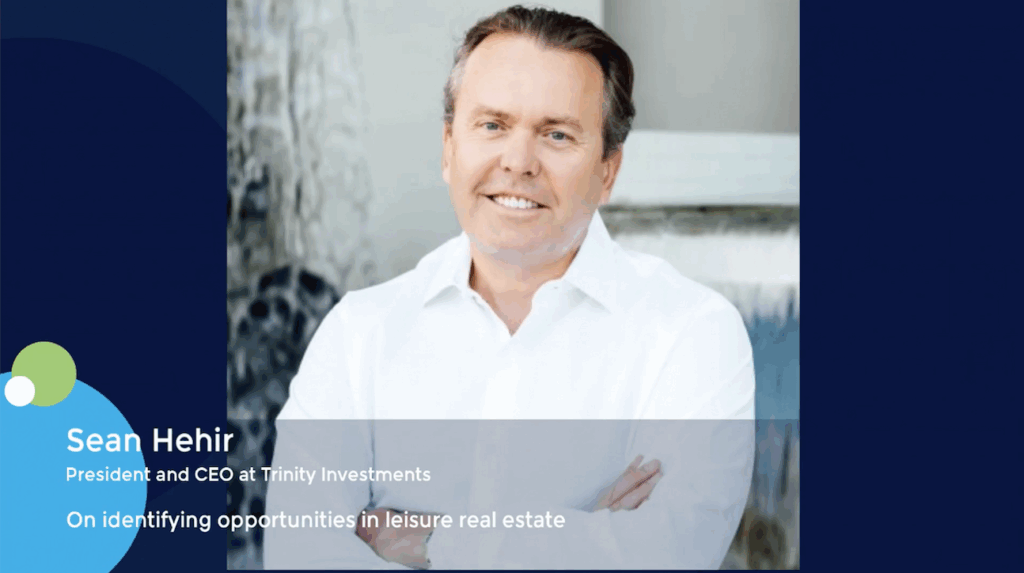EnvisionX Capital sheds China past to invest in US-based AI future – Deal Focus
EnvisionX Capital bears traces of Vision Knight Capital – they share a founder, ex-Alibaba.com CEO David Wei, and some LPs – but they are entirely separate firms, with their own teams, legal structures, and strategies. While some China-linked VC players invest in the US surreptitiously, Wei and Holly Zheng, chair of BlueFocus International, established a brand-new Silicon Valley-based GP.
EnvisionX was formally founded in January and closed its debut fund in April (according to the LinkedIn profile of one of the partners, USD 100m was raised). Most LPs have no ties to China. Artificial intelligence (AI) is in the firm’s sights, as demonstrated by its participation in a recent USD 125m Series D round for Cresta, a customer services engagement platform.
“We are a US-based fund in terms of structure, but we are fortunate to have global connections. This is our advantage,” said Zheng. “Technology continues to evolve and interact across borders. Despite geopolitical risks, China’s supply chain advantages are expected to remain dominant in the coming years.”
Zheng, who previously led BlueFocus’ expansion as an international advertising agency, serves as founding and managing partner of EnvisionX. There are two other partners, George Maloney and He Shen. Wei chairs the advisory board, which mainly addresses compliance matters.
The firm targets early growth-stage companies that are revenue-positive and support global expansion. In addition to AI, it focuses on enterprise software-as-a-service (SaaS), consumer internet, and smart hardware, from infrastructure to applications. Equity cheques start at USD 1m-USD 2m for pre-Series A rounds and occasionally reach USD 10m at the Series B stage.
There have been seven investments so far, including cloud-native data streaming platform StreamNative, cybersecurity solution provider Viso Trust, and ScienceIO, which uses AI to draw enriched data from medical text. According to Zheng, the firm could have led some of these deals but chose not to with a view to mitigating regulatory risks. However, it is an active investor.
AI angles
Cresta’s Series D was led by World Innovation Lab (WiL), which invests in Japan and the US, and Qatar Investment Authority (QIA). Accenture, LG Technology Ventures, Qualcomm, and Workday Ventures also came in as new investors, while there were re-ups from Andreessen Horowitz, Greylock Partners, J.P. Morgan, Sequoia Capital, and Tiger Global Management.
Though Cresta is mature compared to EnvisionX’s other investments – the company has now raised more than USD 270m – it fits the target profile. There is also a China connection. One of the founders, Tim Shi, and the current CEO, Ping Wu, were both raised in the country before moving to the US for postgraduate education and ultimately employment.
Shi, who launched Cresta with Zayd Enam, dropped out of his AI-focused PhD programme at Stanford University to focus on the start-up. He was acting on advice from Google X founder Sebastian Thrum, who is also an adjunct professor at Stanford and now chair of Cresta’s board. Wu succeeded Enam as CEO last year, coming to the company after more than a decade at Google.
Cresta’s headcount rose from 30 in 2020 to 150 in 2022, the same year it closed a USD 80m Series C round at a USD 1.6bn post-money valuation, a 4x uplift in the space of 12 months. There are now more than 250 staff and engineering hubs in Romania and India now complement existing offices in Palo Alto, San Francisco, New York, Berlin, and Toronto.
Annual recurring revenue has quadrupled over the past two years, while the net revenue retention rate exceeds 140%, according to Cresta.
Augmentation first
The company – which primarily serves Fortune 500 companies, including Verizon, United Airlines, and Holiday Inn – claims to redefine the way businesses interact with customers by applying AI at the service centre level. Rather than automate tasks for the sake of efficiency, it seeks to augment human activity through real-time insights, behavioural best practices, and virtual agents.
“When we make investments, we constantly ask ourselves what the ultimate moat is for an enterprise-focused AI company. Generative AI amplifies human capabilities, not replaces humans. We embrace a HITL [Human-in-the-Loop] approach,” Zheng said.
Cresta deployed OpenAI’s GPT-2 large language model (LLM) in 2018, repeatedly refining its offering. Earlier this year, the company launched Ocean-1, integrating GPT-4 with contact centre data using reinforcement learning from human feedback (RLHF) for security and continuous learning. This underpins AI-driven chat and call analysis intended to enhance customer experience.
For instance, if a wireless provider notices a drop-off in iPhone software upgrades, the insights dashboard can be used to pinpoint the cause and suggest solutions, such as pitching unlimited 5G plans to gaming customers who are considering competing offers. Agents are guided in-call by real-time coaching, while quality management tools assign tasks and track agent performance.
With the latest funding, Cresta plans to expand its engineering hubs and service offerings globally. Zheng declined to offer more detail on the expansion agenda, merely saying that EnvisionX hopes to add value through its team’s operational expertise and global network of resources.
“Our team members have extensive operational and technical experience, allowing us to provide strong support to portfolio companies. We know how to source talent, develop sales strategies for specific scenarios, navigate mainstream markets, and craft compelling brand stories for marketing. These are the skills we’ve honed throughout our careers,” she added.












